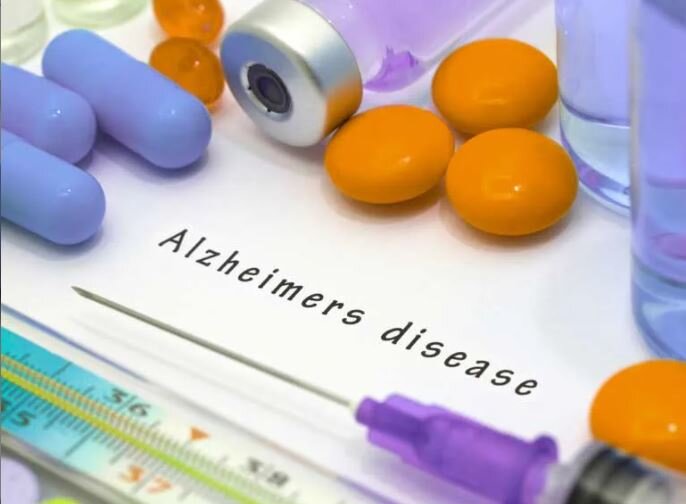New Drug Treatment For Alzheimer's Disease
Treating the symptoms of Alzheimer’s mostly with older adults can provide comfort, dignity, and independence for a longer period of time and can encourage and assist their caregivers as well.
Momentarily, there is no cure for Alzheimer’s disease, but this does not mean this sickness cannot be treated.
There are medicines that can slow the progress and ease some of the symptoms before the disease gets worse and can help the brain work better in the long run.
What type of medications can help?
The FDA approved the treatment named: aducanumab, also known as Aduhelm.
This allows the earlier approval of a drug for a serious illness mostly in elderlies though there will be needing more study into these drug's treatment.
Aduhelm targets patients with mild cognitive impairment or early symptomatic phase of Alzheimer’s disease, not severe dementia.
This is the first therapy that treats the disease by reducing amyloid-beta or protein plaques in the brain. Clinical trials confirmed that the drug slows disease progression in its early stages by helping clear plaques associated with the disease.
More than 6 million Americans are experiencing Alzheimer’s disease and this is expected to grow as the population ages. Alzheimer's is the sixth-leading cause of death in the United States.
As a result of the FDA’s approval of Aduhelm, patients with Alzheimer’s disease have gained hope of having the new treatment to help combat this disease.
On further research:
Scientists are looking for new treatments for Alzheimer’s in clinical trials. These studies test new drugs to see if they can slow the progress of the disease or improve memory problems or other symptoms. They’re also looking for other ways beyond drugs to treat the disease, such as an Alzheimer’s vaccine.
Many individuals still hoped that there are supplements such as vitamin E, coenzyme Q10, coral calcium, Ginkgo Biloba, and huperzine A might work well as treatments for the disease. But so far, there’s no evidence that they have any effect.
The results of studies on omega-3 fatty acids have been mixed, and scientists are doing more research to look into their effects on Alzheimer’s.
Scientists continue to look for ways to diagnose Alzheimer’s earlier, before symptoms appear, which could help people start treatment sooner.



